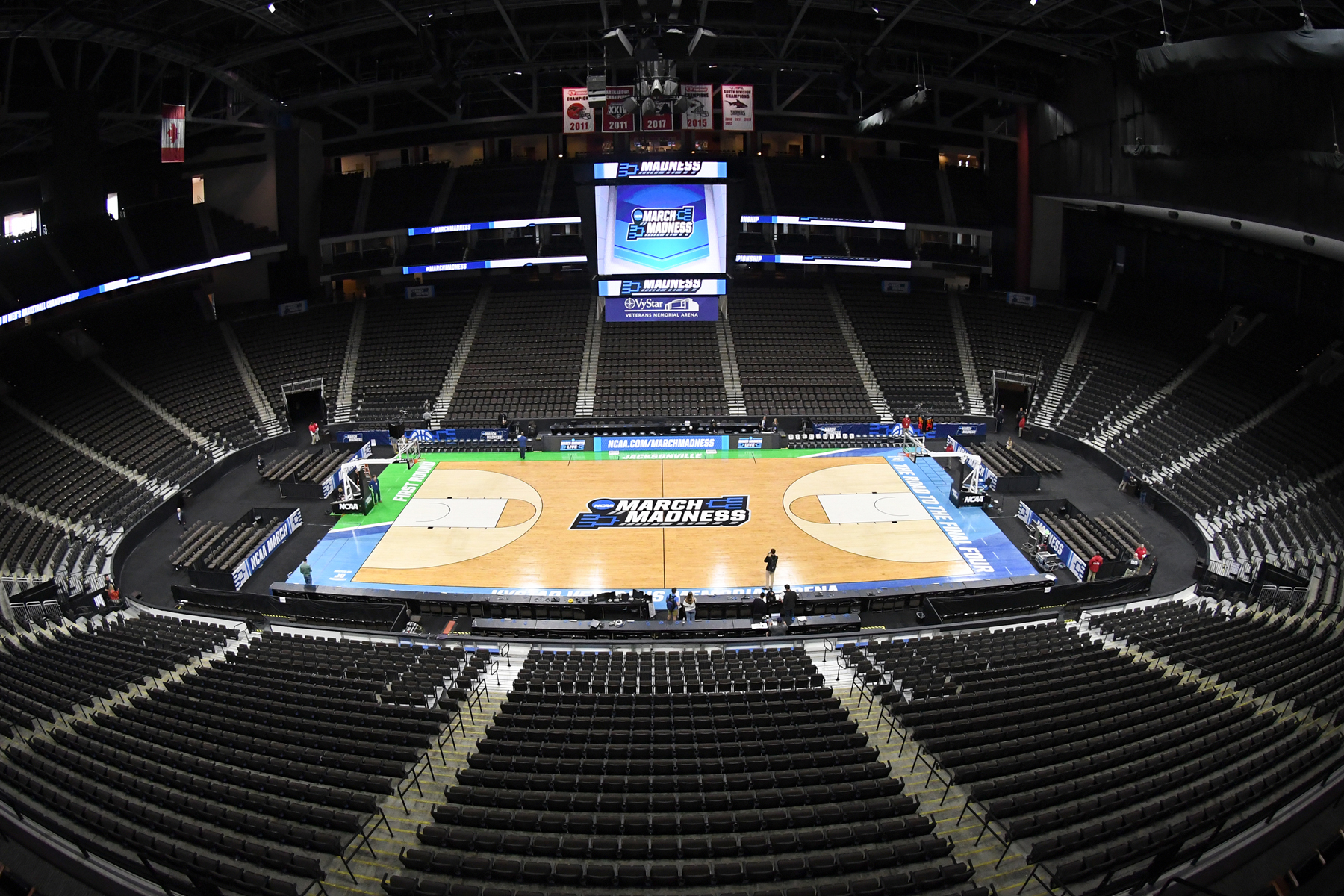
As with so many areas of daily life, the Covid-19 coronavirus is affecting the world of sports.
Italy announced that for the next month, all sporting events will be played behind closed doors, without the presence of fans. Apparently, L.A. County is considering a similar measure, though they have not made a final decision yet. Here at home, two college basketball teams, Chicago State and Missouri-Kansas City, have announced that they will not be traveling to Seattle to play Seattle University, both out of a concern for their players’ and coaches’ health, given that Seattle has become something of a ground zero for the spread of Covid-19 in the United States. And as for now, the Olympics will go ahead as planned in Tokyo this summer, though conceivably that could change if conditions around the world worsen between now and then.
Holding sporting events without fans raises some interesting philosophical questions. How are events different if there are no fans there to witness them? It’s a bit of a tree falls in the forest type of question that is worth considering.
For players used to playing in front of large crowds, it has got to feel very different. So much of the energy at a large sports event comes from the fans themselves. Players respond to it. Will they still play music during timeouts if there is no one there to listen to it? How is player motivation affected? It would seem to be harder to succeed when you don’t have thousands of supporters watching your every move. Then again, maybe it’s easier to shoot a free throw when there aren’t a thousand faces and signs trying to distract you. Certainly, much of a player’s motivation comes from within, as well as from their teammates and coaches. It still has to feel kind of awkward.
How about for the fans watching from home on their television or other devices, or even listening on the radio? How does your fan experience change when you watch a fanless event from afar? Much of our experience of watching sports remotely involves seeing the stands. The looks on the fans’ faces. Their reactions to what’s happening on the field or court. Do the cameras avoid panning the empty stands? Does it make us less excited to watch the event in the first place? These are all questions we could learn the answers to in the coming months.
It would be impossible not to note the potential financial impacts of sporting events that are either canceled or held without fans present. There will be lost revenue from ticket, merchandise and concession sales. Lost income from the people who would have served or sold those items. This will affect the bottom lines of the teams themselves. It could, in turn, lead to decreases in advertising if companies don’t feel it useful to try and reach audiences that are no longer there.
Of course, the worst-case scenario would be if events are canceled on a larger scale. There are no indications that a large event such as March Madness would not happen, though we can assume that, depending on the city where the games are played, there might be lower attendance in general as some fans choose to avoid being around large groups of people.
The good thing to keep in mind is that authorities around the world are keeping the health of all interested parties as their first priority. The sooner we can stop the spread of Covid-19, the sooner we can go back to our regular lives—a big part of which is sports.




